I love it when friends and clients come across a great real estate article and think of me! Sophie sent me this interesting article about rational thinking when buying a home. I found it most interesting and had to share. Please enjoy – and of course I added my 2 cents in italics! Would love to know your thoughts too – please leave comments!
Rational Home Buying
My parents are considering moving house. I’ve had a front-seat window to their decision process as they compare alternatives, and sometimes it isn’t pretty.
A new house is one of the most important purchases most people will make. Because of the sums involved, the usual pitfalls of decision-making gain new importance, and it becomes especially important to make sure you’re thinking rationally. Research in a couple of fields, most importantly positive psychology, offers some potentially helpful tips.
LOCATION, LOCATION, LOCATION
People so consistently under-count the pain of commuting when making choices that the problem has its own name: Commuter’s Paradox. The paradox is that, although rational choice theory predicts people should balance commuting against other goods and costs, so that one person might have a longer commute but a nicer (or cheaper) house and so be just as happy overall, this doesn’t happen: people who have long commutes are miserable, full stop. A separate survey by Kahneman and Krueger found that commuting was the least enjoyable of nineteen daily activities mentioned, and other studies have found relations between long commutes and poor social lives, poor health, high stress, and various other problems.
Psychologists aren’t entirely sure why people so consistently under-count the pain of commuting. Maybe it’s because it’s viewed as “in-between” time rather than as an activity on its own; maybe it’s because it comes in relatively short and individually bearable chunks repeated over many years, instead of as a single entity. In any case, unless you are mentally atypical you will probably have a tendency to undercount commute time when buying a new home, and may want to adjust for that tendency.
I loved this part – Commuter Paradox! Finally a name for the epidemic I see when working with buyers. Prices can push any buyer far from their place of work. And commuting takes time, money and lots of energy. I would rather see a client live closer to work and maybe change the list of wants in order to have time to actually enjoy their lives, instead of driving for hours to that perfect home, only to have no energy to enjoy it!
HOUSES COST A LOT OF MONEY
One of Kahneman and Tversky’s famous bias experiments went like this: imagine you’re buying a new shirt. It costs $40 at a nearby store, and it costs $20 at a store that’s fifteen minutes away. Do you drive the fifteen minutes to save twenty bucks? Most people would.
Now imagine you’re buying a new TV which costs $2020 at a nearby store, and $2000 at a store that’s fifteen minutes away. Do you drive the fifteen minutes to save twenty bucks? Most people wouldn’t.
In both cases, the tradeoff is the same – drive fifteen minutes to save twenty bucks – but people were much more willing to do it for the cheap item, because $20 was a higher percentage of its total cost. With the $2000 TV, the $20 vanishes into the total cost like a drop in the ocean and seems insignificant.
Nice homes can cost $500,000, $1,000,000, or even more. There doesn’t seem to be a big difference in price between $710,000 and $745,000 houses; perhaps if the second home looked even a little nicer in an undefinable way you might be prepared to take it. But $35,000 is $35,000; if those minor advantages don’t provide $35,000 worth of value, when measured on the same scale on which you measure the value of of movie tickets, shoes, and college funds, then you should buy the first house and keep the cash.
I find purchasing decisions easier when I think about them like this: which would you rather have, the second house, or the first house plus a two-week luxury vacation to anywhere in the world every summer for the next five years? The second house, or the first house plus a brand new Lexus? The second house and dining at home every week, or the first house and eating out at your favorite restaurant every weekend for the rest of your life? (EDIT: gjm points out that it’s easier to resell houses than other types of good, so if you expect to resell your house you should really only be considering the extra money involved in the mortgage)
This is a hard one, and truly each house has it’s own pros and cons and value. So we’d need to tackle this – one house at a time.
DON’T OVERCOUNT EASILY AVAILABLE DETAILS
The availability heuristic says that people overcount scenarios that are easy and vivid to imagine, and undercount scenarios that don’t involve any readily available examples or mental images. For example, most people will assert, when asked, that there are more English words ending with “-ing” than with “-g”. A moment’s thought reveals this to be impossible – words ending in “-ing” are a subset of those ending in “-g” – but thinking specifically of “-ing” words makes it easier to bring examples to mind.
The real estate version of this fallacy involves exciting opportunities that you will rarely or never use. For example, a house with a pool may bring to mind the opportunity to hold pool parties. But most such plans will probably fall victim to akrasia, and even if they don’t, how often can one person throw pool parties without exhausting their friends’ interest? Pool parties may be fun to imagine, but they’ll probably only affect a few hours every couple of months. Other factors, like the commuting distance and whether your children end up in a nice school, may affect several hours every day.
(a classic example here is the “extra bedroom for Grandma” – visits from Grandma are easy to imagine, but if she only comes a couple of days a year, spending tens of thousands more dollars for a house with an extra bedroom and bathroom for her is probably pretty stupid. You’d save money – and make her happier – by putting her up in the local five star hotel.)
I have come across this moment many times. It truly depends on each person’s lifestyle. Candid conversations about what a buyer wants in their home and their budget can help work through this dilemma.
LIGHT AND NATURE
Good illumination and a view of natural beauty aren’t just pleasant luxuries, but can make important practical differences in your life.
Light, especially daylight, has a strong effect on mood. There are at least fifteen controlled studies showing that bright light reduces symptoms of seasonal and nonseasonal depression by about 10-20% over placebo. This is about equal benefit to some antidepressant drugs, and sufficient that light therapy is a recognized medical treatment for depression. Bright light leads to self-reported better mood even in subjects without a diagnosis of depression, and also leads to better sleep and more agreeable social interactions.
Light and nature have positive effects on health. Some of the most compelling data comes from hospitals, which have long realized that their patients near windows do better than their more interior counterparts. In one study, surgical patients near windows recovered faster (7.9 vs. 8.7 days), received fewer negative comments from nurses (1.1 vs. 4 notes), and needed fewer strong painkillers (1 vs. 2.5 doses) than matched controls without a view. Other studies have compared recovery of physiological indicators of stress (for example, blood pressure) in subjects viewing natural or artificial scenes; the subjects with views of nature consistently have healthier stress reactions.
Nature may have special benefits for children. Experiments with subjects of all ages and levels of mental health have shown nature increases mental functioning and concentration, but some of the most cited work has been in children with Attention Deficit Hyperactivity Disorder. Children who live in greener settings also (independently of wealth) do better on schoolwork and show greater ability to delay gratification. Large studies find with high certainty that students who take standardized tests in better lighting do up to 25% better than their literally dimmer schoolmates, and progress through lessons 15-25% faster.
You don’t have to live in the Amazon to get a benefit: even children in a concrete building with a tiny “green island” boasting a single tree did better than their peers in a building without such an island.
Yes! Light has such an affect on us and our moods. No argument here. My only 2 cents. If you cannot find a home with the right light, it’s time to talk paint and art! My first place was a sandwiched condo, we didn’t have much natural light – so paint and great lighting was key to my sanity!
BETTER FIRST IN A VILLAGE THAN SECOND IN ROME
Brains generally encode variables not as absolute values but as differences from an appropriate reference frame. That means that to really appreciate your wealth, you’ve got to be surrounded by people who are poorer than you are.
This seems to be empirically the case: a US study found the happiest Americans were rich people living in poor counties. However, this was true only of rich people living in rich neighborhoods of poor counties. As the study puts it, “individuals in fact are happier when they live among the poor, as long as the poor do not live too close”.
Of course, this doesn’t mean that you should move to Somalia for eternal bliss. There are community-wide benefits to living in a wealthy neighborhood, like better schools, and you may be better able to socialize with people from a similar class background as yourself. But given the choice between a neighborhood at the top of your price range and one at the bottom, you may find yourself more satisfied living in an area where it’s the Joneses who have to try to keep up with you.
DON’T OVERSHOP AND DON’T OVER-THINK
It’s easy to confuse “rationality” with a tendency to turn all decision-making over to conscious general-purpose reasoning, and in turn to assume that whoever ruminates about a decision the most is most rational. But there are at least two reasons to think that within reason it may be better to worry less over important decisions.
One is the finding that “comparison shopping” usually leads to less happiness in whatever you buy. Imagine being pretty sure you’re going to buy House X until you look at House Y and find out that this one has a granite fireplace, and a pond in the backyard. It may be you don’t like House Y at all – but now every time you go back to House X, you’re thinking about how it doesn’t have a granite fireplace or a pond, two features which you never would have even considered before. Whether you find this explanation plausible or not, the research generally agrees: too many choices result in less satisfaction with whatever you finally buy.
The second is the discovery that attempts to make your reasoning explicit and verbal usually result in worse choices. This includes that favorite of guidance counselors: to write out a list of the pros and cons of all your choices – but it covers any attempt to explain choices in words. In one study, subjects were asked to rate the taste of various jams; an experimental group was also asked to give reasons for their ratings. Ratings from the group that didn’t need reasons correlated more closely with the ratings of professional jam experts (which is totally a thing) than those who gave justifications. A similar study found students choosing posters were more likely to still like the poster a month later if they weren’t asked to justify their choice (Lehrer, How We Decide, p. 144).
The most plausible explanation is that having to verbalize your choices shifts your attention to features that are easy to explain in words (or perhaps which make good signaling value), and these are not necessarily the same features that are really important. In a telling experiment under the same protocol as the ones listed above, people asked to reflect upon their choices were more likely to choose the house with the extra room for Grandma than the house with the shorter commute times, because the extra reflection gave more opportunity for the availability heuristic to come into play.
Sometimes we cannot put into words what we like about a home. Sometimes it is just a feeling. And believe it or not – if you feel like you are standing in your home – you are! Go with your gut! I know I’ve walked into homes that on paper didn’t fit the bill – but I felt it was “the one” and when my clients walked in – they did too! Sometimes you just need to throw out the list, open your eyes and look around.
CONCLUSION
Buying a house is one of the biggest decisions a family faces, and so has extra opportunity to be improved by rational thinking. Try to buy a house with good illumination and nearby green space in an area close to your workplace where you’ll be relatively high on the social ladder. Carefully consider whether special features have genuine utility or are just highly available small details, and justify the relative differences in cost in absolute, not just relative terms. And, um, try to do all of this while following your gut instincts and not overshopping.
Easier said than done! But The Caton Team is here to help every step of the way. How can we help you?
I read this article at: http://lesswrong.com/lw/7am/rational_home_buying/
Got Questions? – The Caton Team is here to help.
Email Sabrina & Susan at: Info@TheCatonTeam.com
Visit our Website at: http://thecatonteam.com/
Visit us on Facebook: http://www.facebook.com/pages/Sabrina-Susan-The-Caton-Team-Realtors/294970377834
Yelp us at: http://www.yelp.com/biz/the-caton-team-realtors-sabrina-caton-and-susan-caton-redwood-city
Or Yelp me: http://www.yelp.com/user_details_thanx?userid=gpbsls-_RLpPiE9bv3Zygw
Please enjoy my personal journey through homeownership at:
http://ajourneythroughhomeownership.wordpress.com
Thanks for reading – Sabrina
















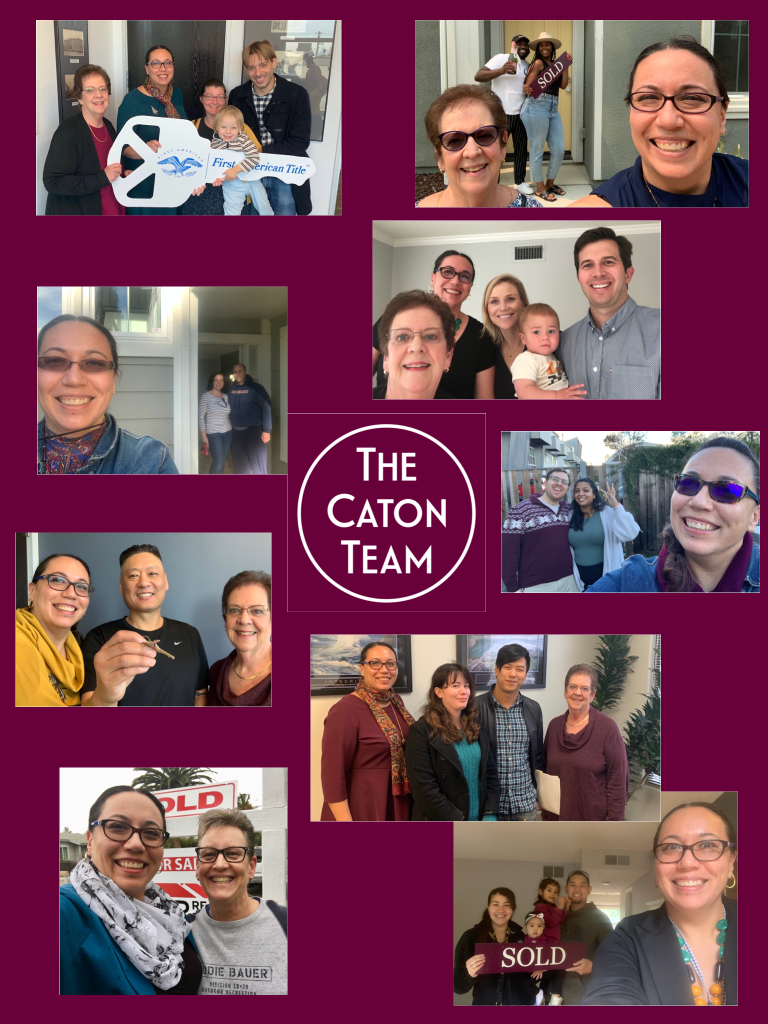




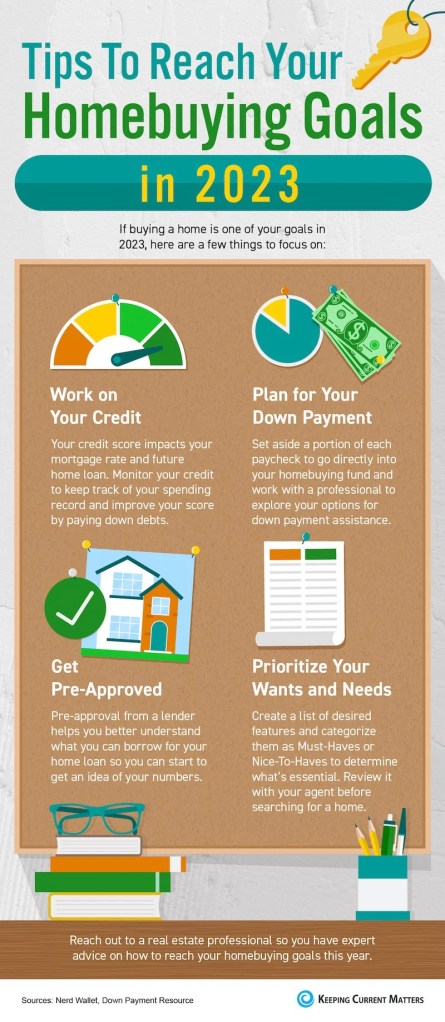





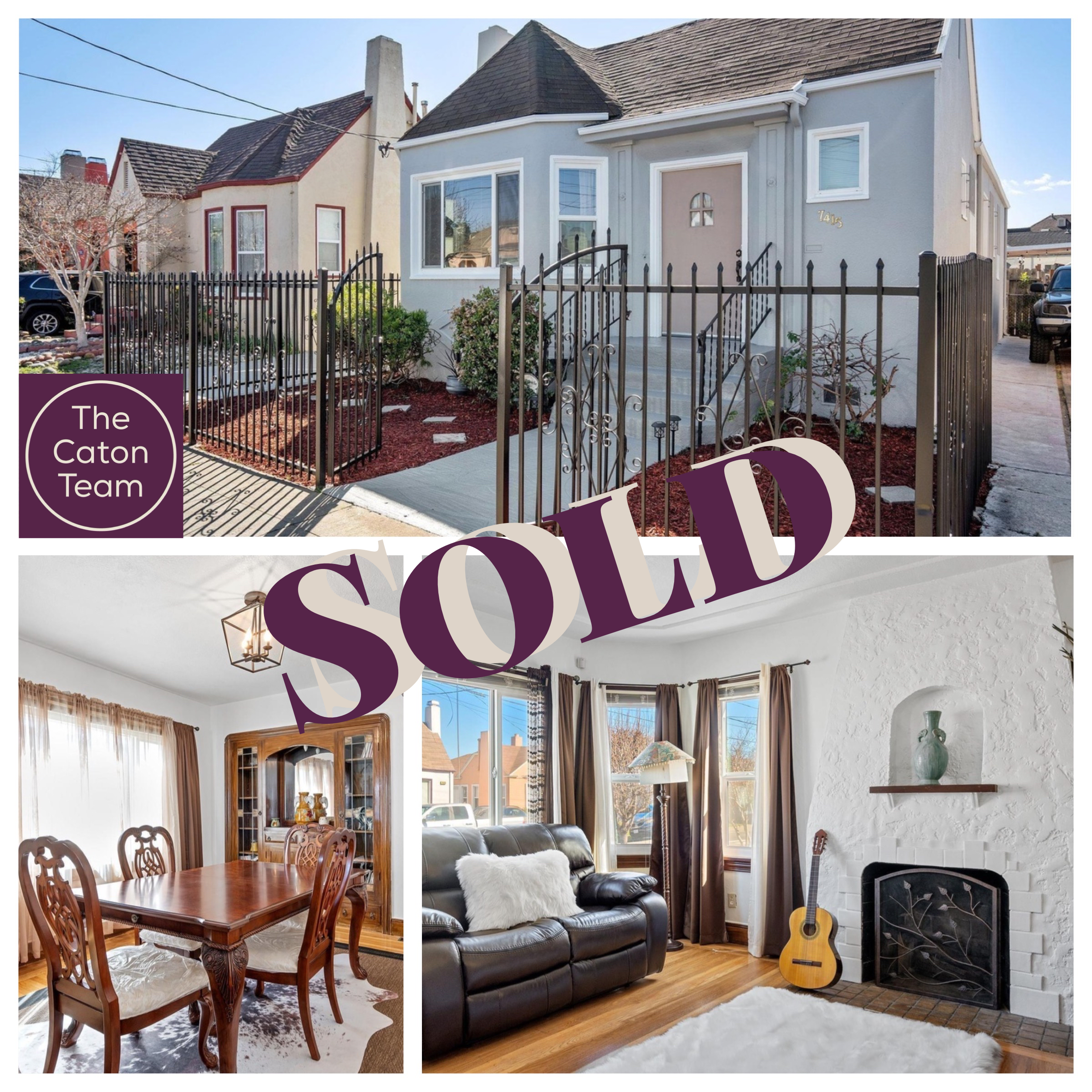
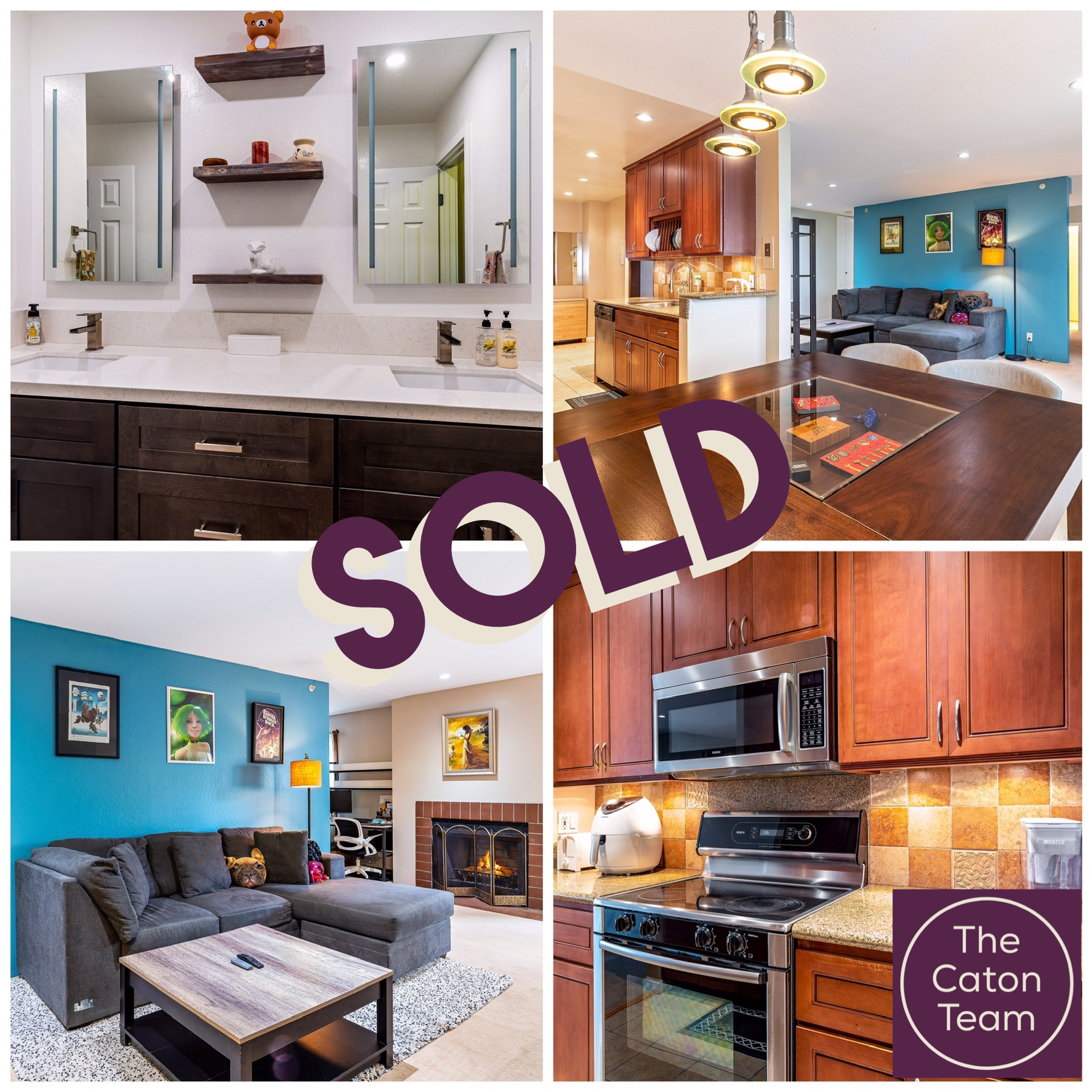



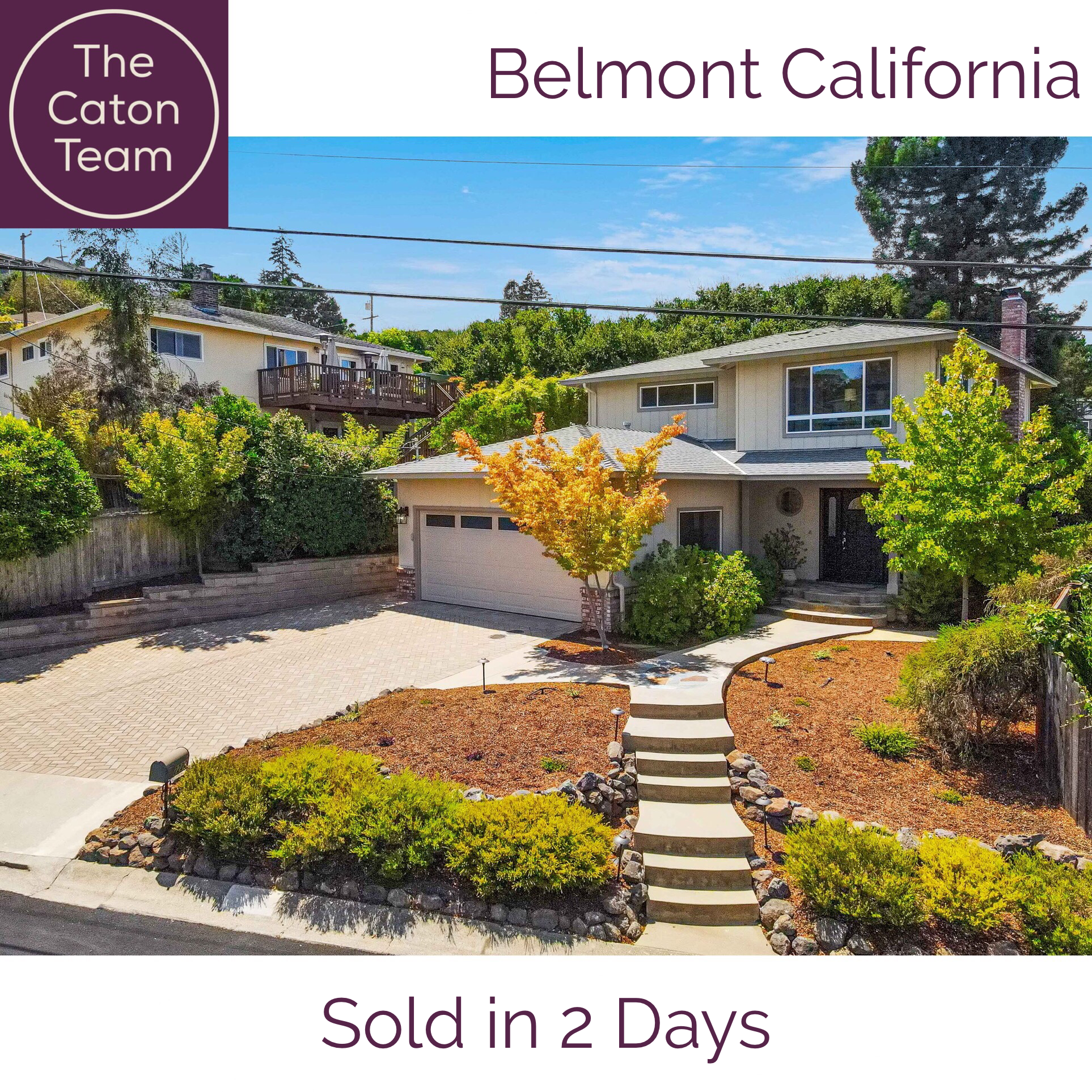

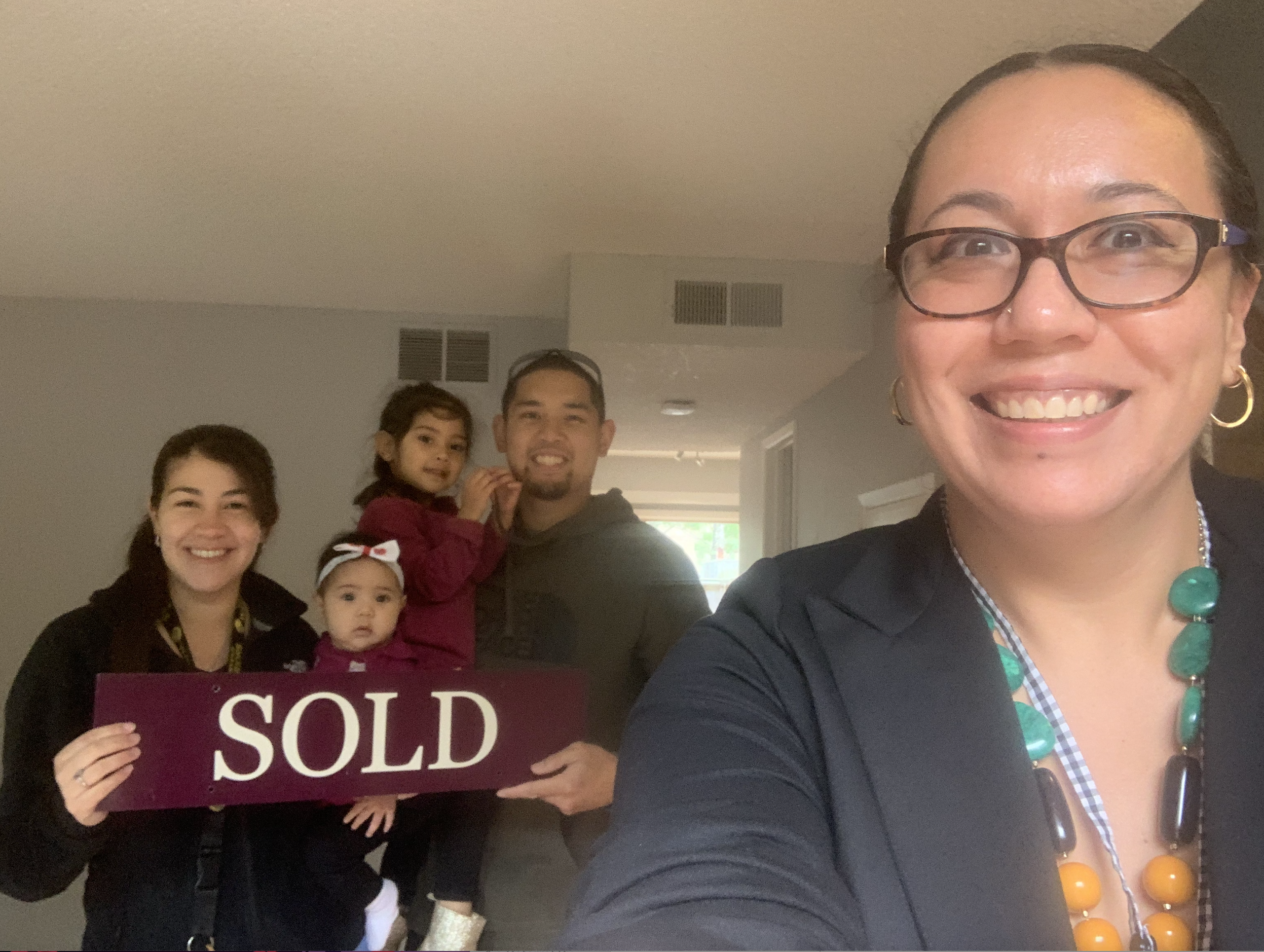


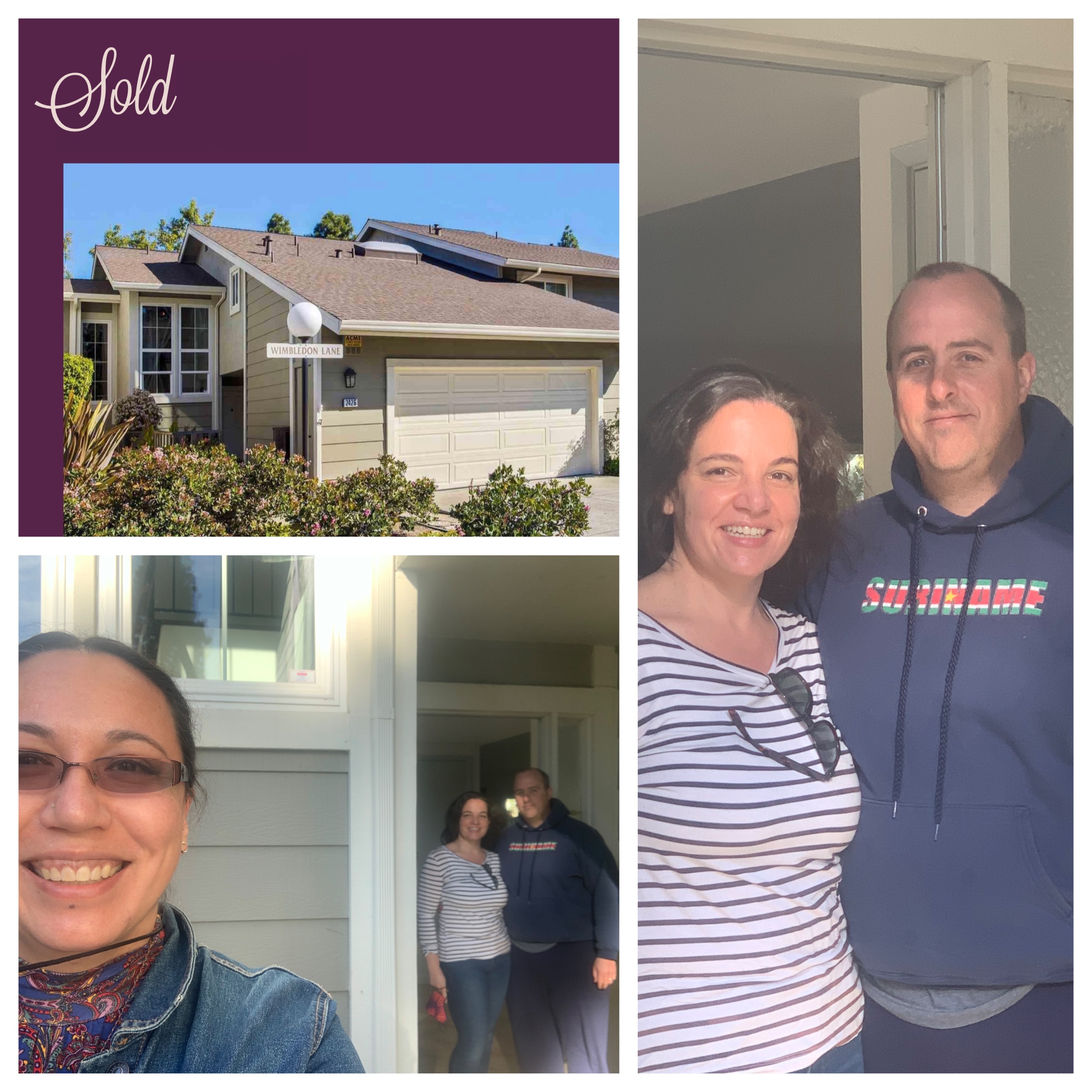
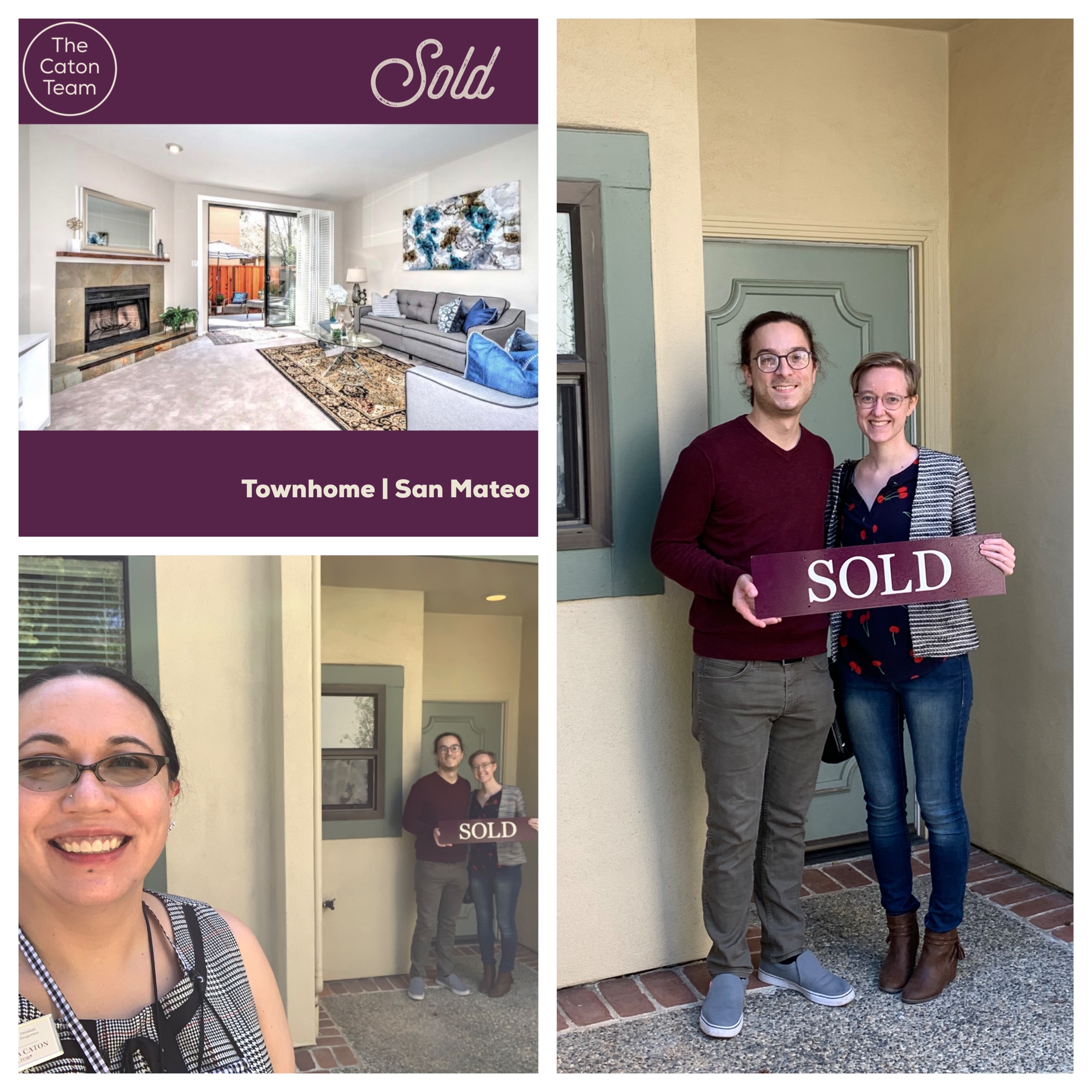
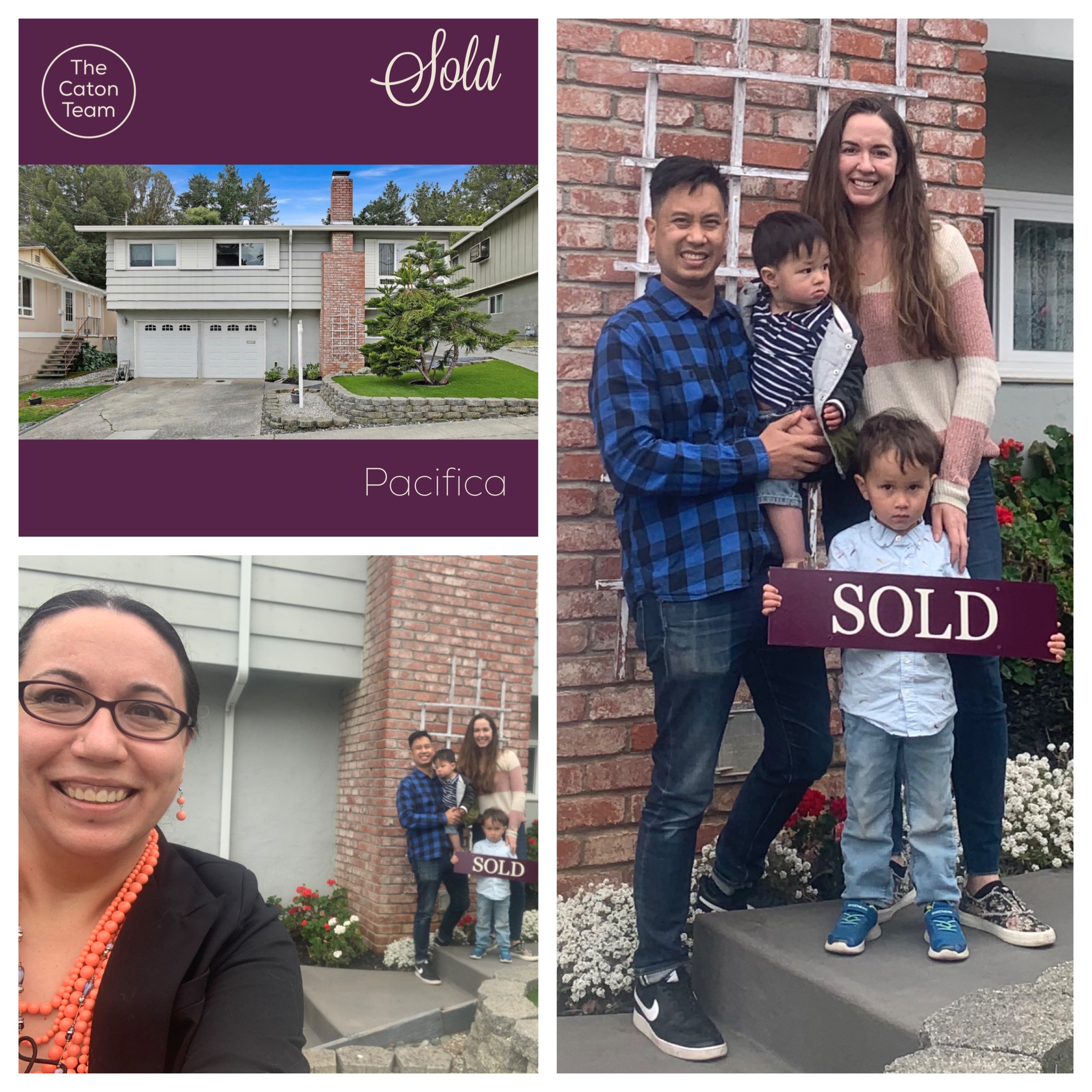





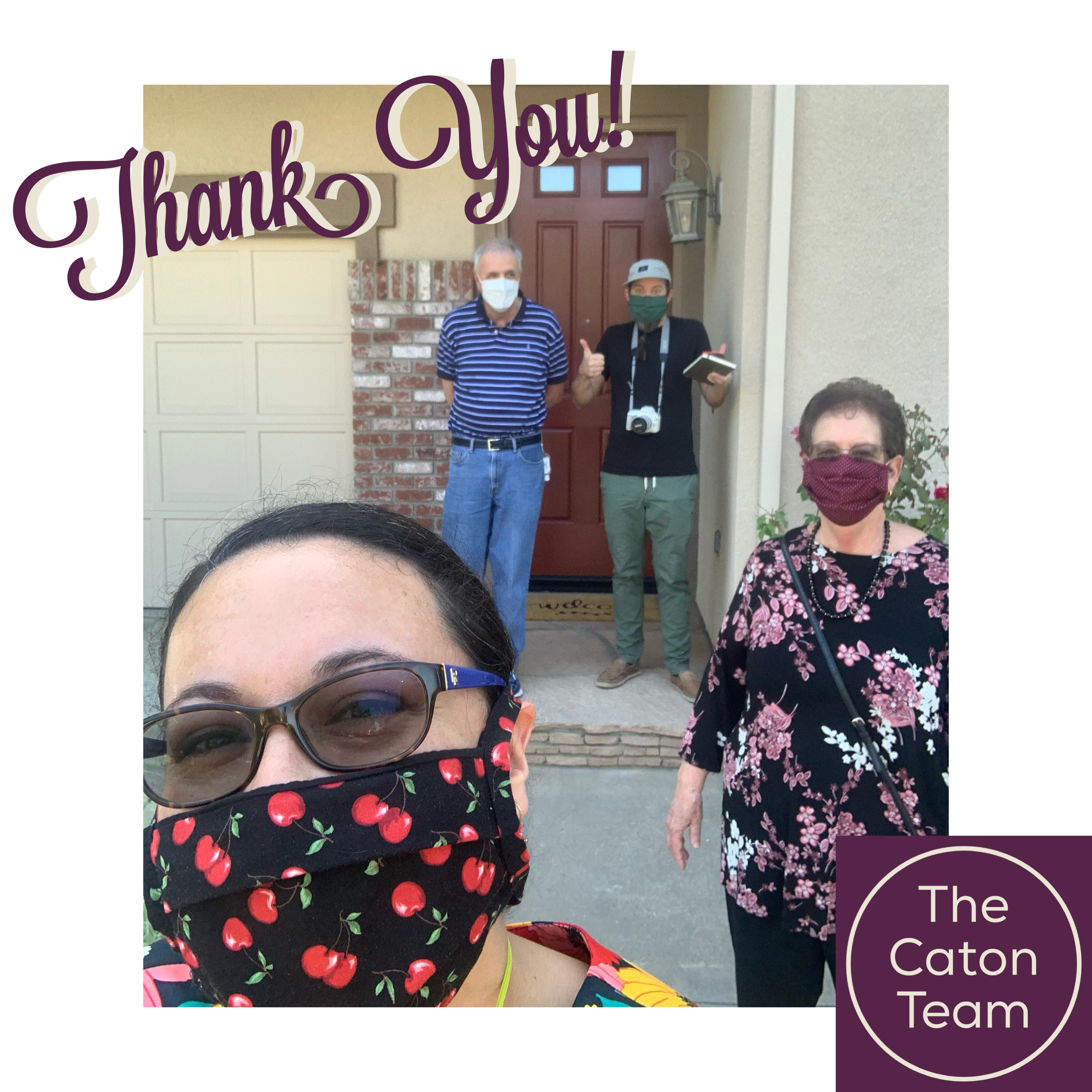

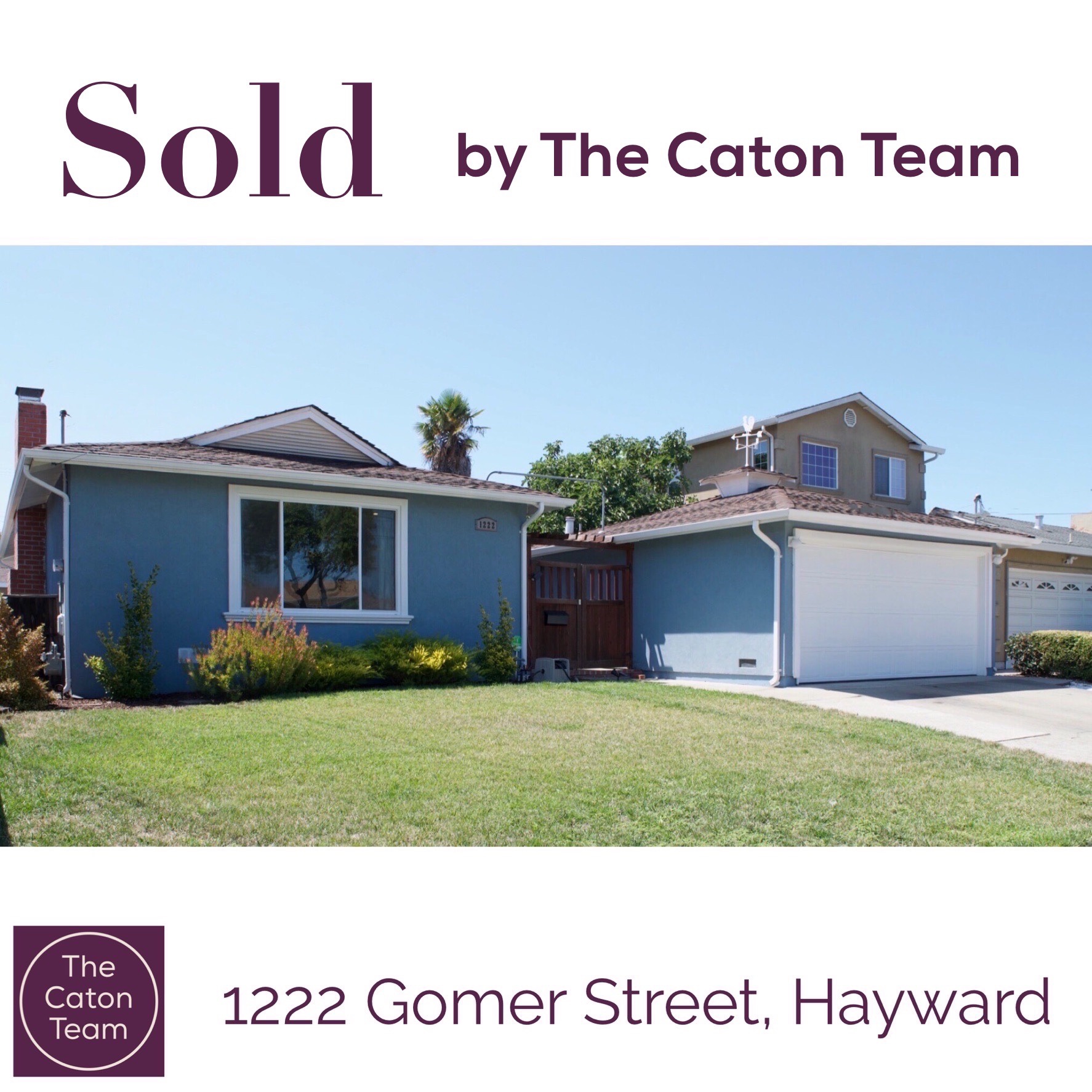







You must be logged in to post a comment.